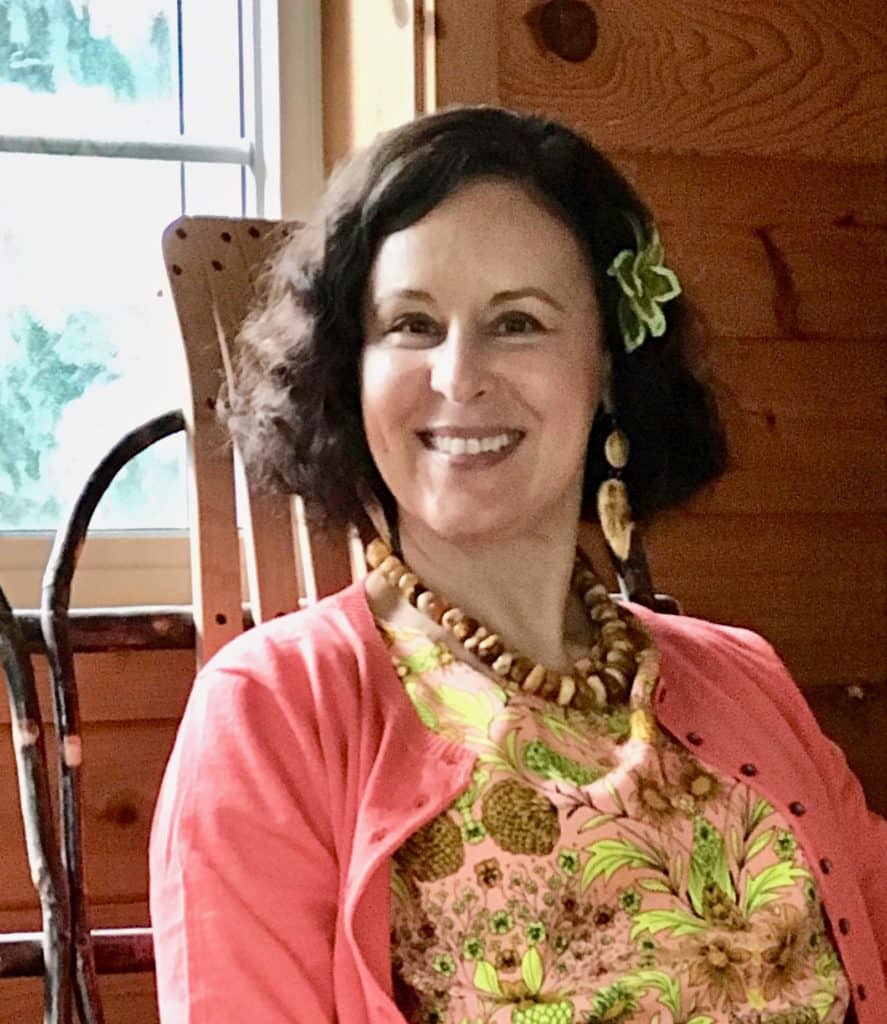
From such a dream I woke on my last night spent in the small town called Spencer’s Island. I got up and walked through the house awkwardly. I looked apologetically at the fossils as if I had been an intruder in their house and they had only tolerated my presence, although they might have somehow desired it. They had been patient with me until now as good parents are with a child learning to stand and who, at long last, takes a step. They seemed like parents filled with humble dignity and delight, yet also sobered by the distance and infallibility that belong to those imbued with ancient knowledge. I tenderly touched the fossils, feeling jagged edges, marks of brutal breaks and unnatural separation.
The fossils no longer had that inner quiet of beings that exist in receding time. They had the pathos of a broken jawbone found in sand—a testimony to sacrilege. A piece had been ripped from the whole to which it nevertheless forever belongs and for which it continually yearns.
I had once thought of my good fortune at finding myself in a house full of fossils. I relished their discovery as a similarly thrilling opportunity as when we get a sighting of whales, dark, sleek, awe-inspiring, emerging boldly in full sight like an idea suddenly might before plunging back into the deep, leaving us with the persistent longing for what they had helped us briefly glimpse of nature.
My intellectual distance had ebbed. I no longer saw tectonic plates simply as matter forced away by movement and heat that once shaped the earth and continue to do so. Tectonic plates were now living entities while human beings themselves seemed to be tectonic plates, each confronted with, and manipulated in their core by forces incomprehensible, uncontrollable, and viciously whimsical. I saw the tragedy of these tectonic plates and how, in their sloping movement and shifting away, they irretrievably left parts of themselves behind.
Human life itself seemed a voyage on a tectonic plate: we are slowly and imperceptibly drifting away, losing sight of our original shores. Childhood is a hazy landscape where our roots encroach and weigh like petrified eggs that never hatch as we dreamt they would.
While I stood in the house, surrounded by inanimate fossils, I felt myself instead in the company of animate forms resulting from the continuous fragmentation of their being through millennia. I saw fellow human beings in them—dark, frayed, misshapen, brittle, divided, randomly shelved to accent the small house our universe makes.
Feeling overwhelmed and at a loss, I picked up my hat from the dining table and walked out.
If you like this, please check my recent book UNSEEN WORLDS on Amazon (great reviews):
